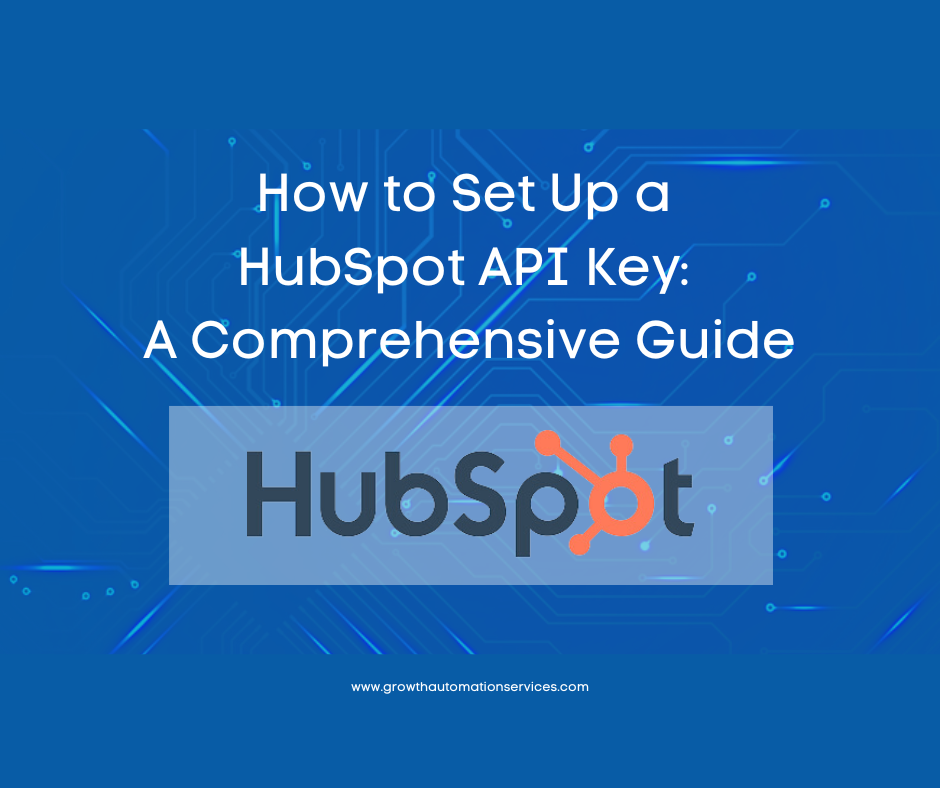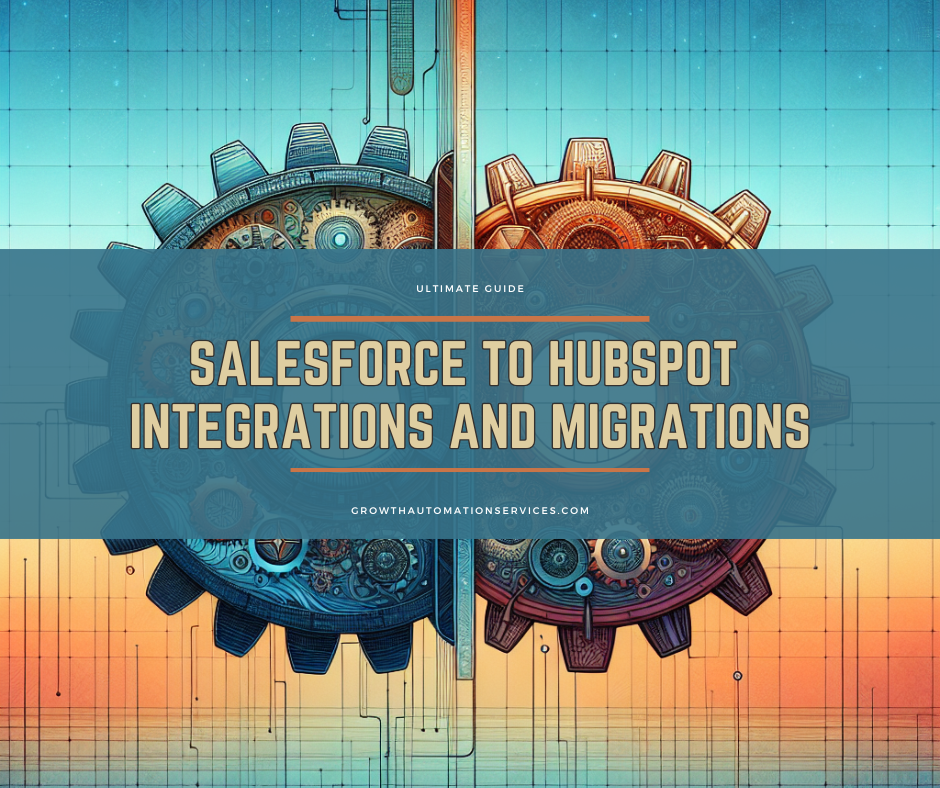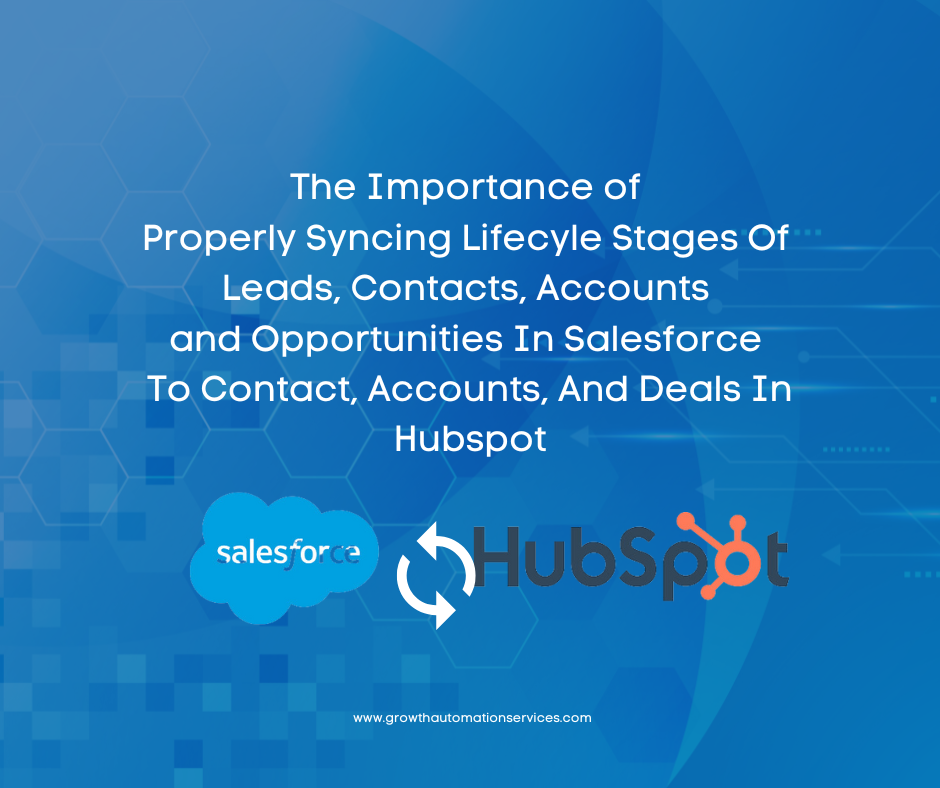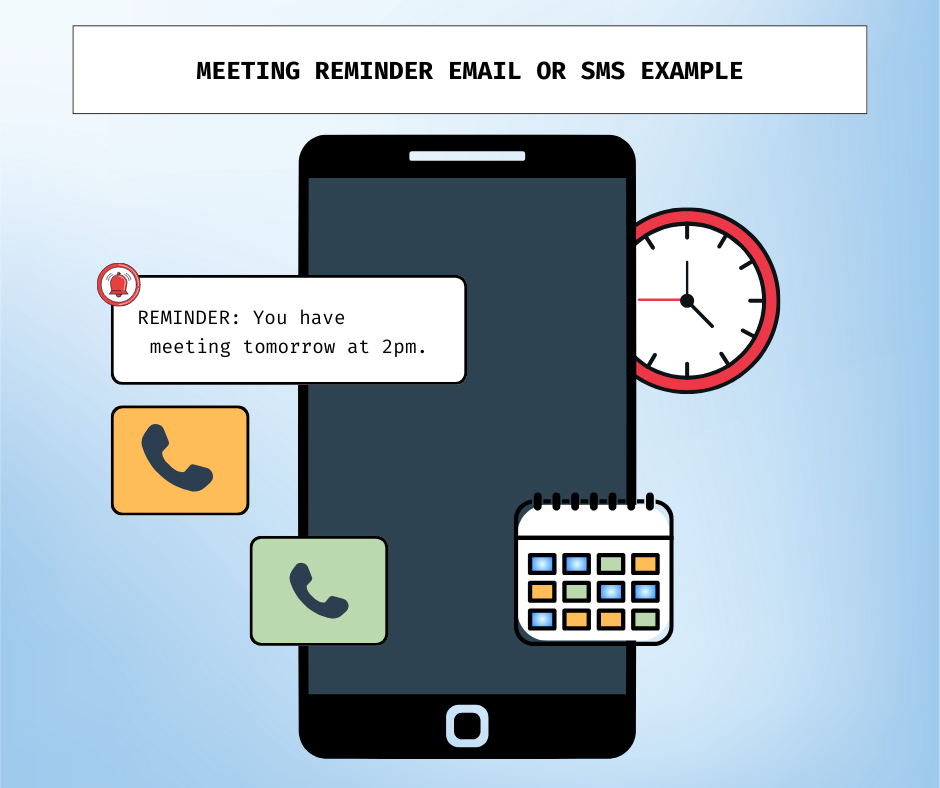Kashelle Hoyer · HowTo 3 min read
How to Set Up a Salesforce API Key: Your Complete Guide
Learn how to generate Salesforce API keys to integrate your CRM seamlessly with other platforms and automate business processes.
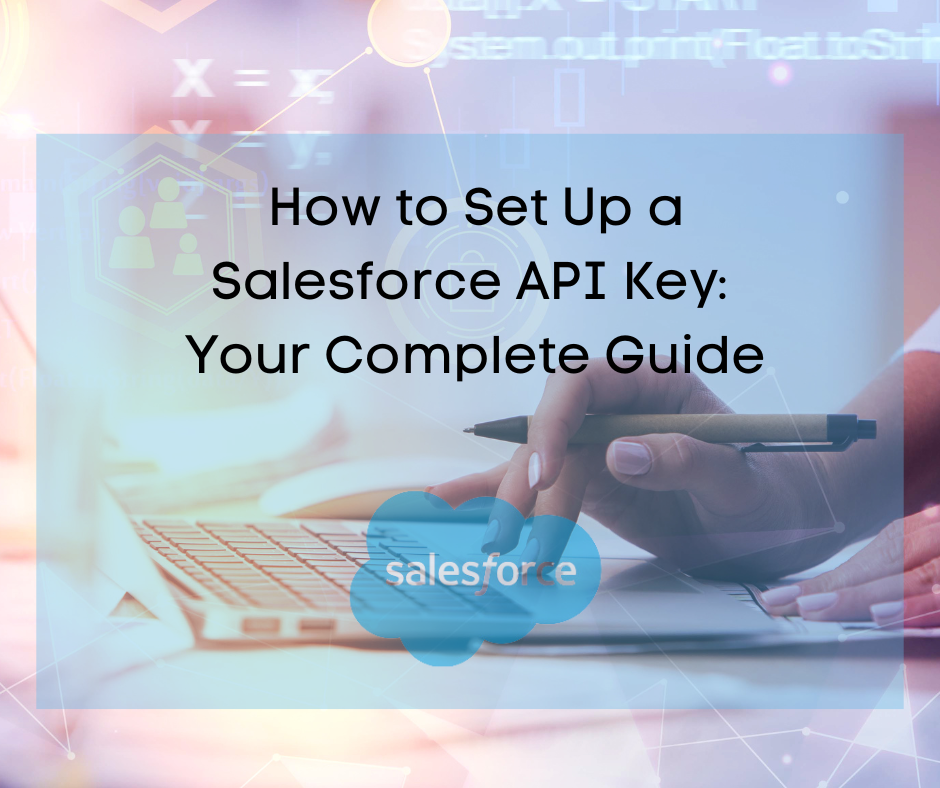
Table of Contents
Loading table of contents...
Introduction
When it comes to CRM solutions, Salesforce is a name that needs no introduction. At Growth Automation Services, we frequently integrate Salesforce with other tools like HubSpot to offer seamless and automated business solutions. To make these integrations possible, API keys are essential. In this article, we’ll guide you through the process of setting up your Salesforce API key.
Prerequisites
Before diving in, make sure you have:
- An Active Salesforce Account
You’ll need a Salesforce account with the API enabled. Typically, Salesforce Enterprise, Unlimited, Developer, and Performance editions have API access. - Administrative Access
You must be an admin or have the necessary permissions to create API keys.
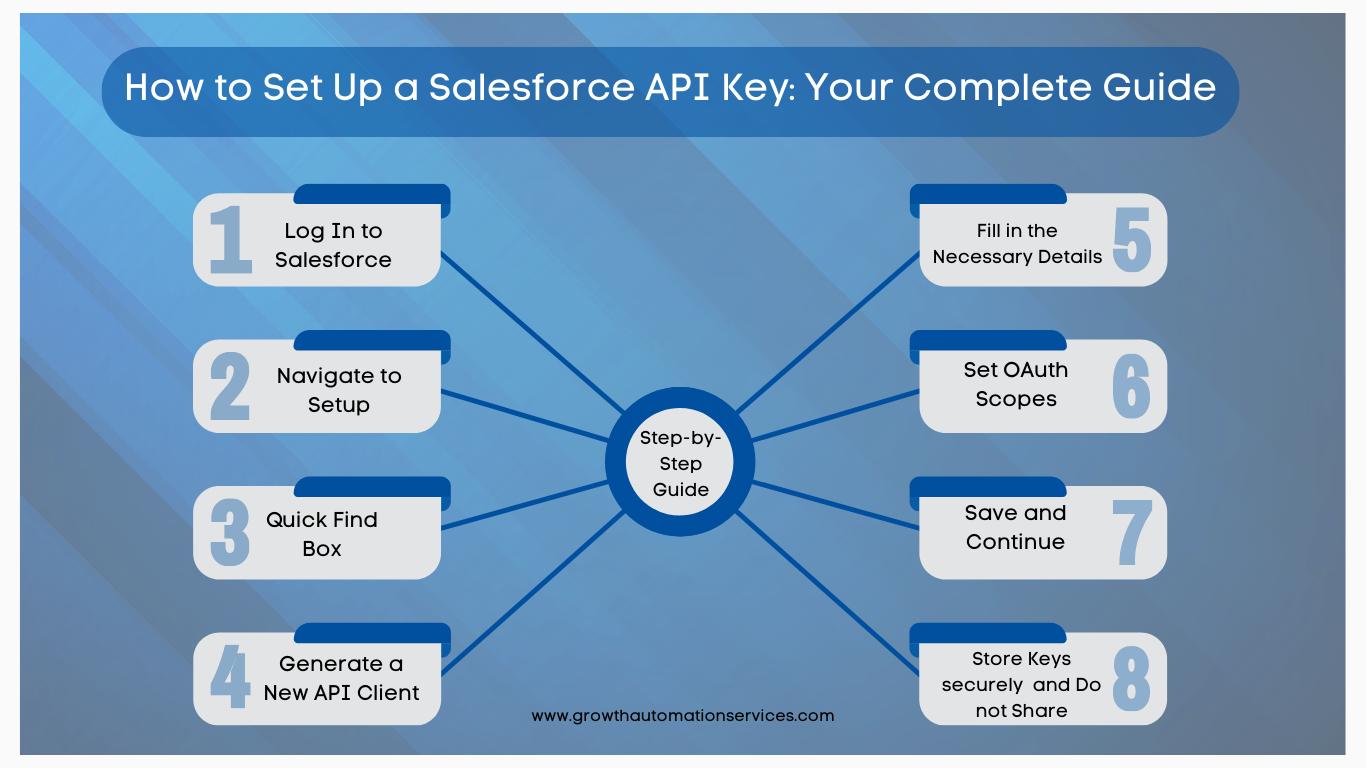
Step-by-Step Guide
Step 1: Log In to Salesforce
Log into your Salesforce account to access the main Salesforce dashboard.
Step 2: Navigate to Setup
Click on the gear icon at the top right corner to open the Setup page.
Step 3: Quick Find – API
In the Quick Find box on the left, type “API” and select API from the dropdown.
Step 4: Generate a New API Client
Click on Manage Connected Apps and then New Connected App to create a new API client.
Step 5: Fill in the Necessary Details
In the form, provide an application name, API name, and a contact email. Then, scroll down and check the Enable OAuth Settings box under API.
Step 6: Set OAuth Scopes
You’ll need to set the OAuth scopes, which define the level of access for the application. For most cases, choosing Full access (full) is sufficient.
Step 7: Save and Continue
Click on Save or Save and Continue. It usually takes about 2–10 minutes for changes to take effect.
Step 8: Retrieve Your Consumer Key and Consumer Secret
Once your connected app is created, your Consumer Key and Consumer Secret will be displayed. These keys are used to authenticate your API requests.
Note: Just like with HubSpot, treat these keys as sensitive data. Avoid sharing them with anyone you do not trust.
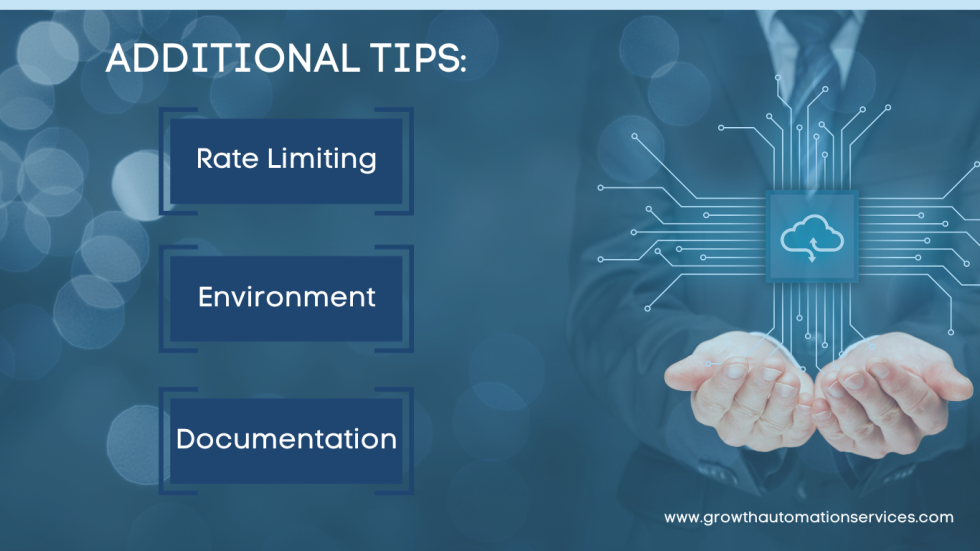
Additional Tips
- Rate Limiting: Salesforce enforces API rate limits, so plan your calls accordingly.
- Environment: Salesforce offers sandbox environments for testing. Always test in a sandbox before moving to production.
- Documentation: Be sure to consult Salesforce’s official API documentation for complete details.
Conclusion
APIs are foundational to extending the capabilities of Salesforce, whether you’re integrating with other platforms like HubSpot or implementing custom automation. By following these steps, you can set up your Salesforce API keys and start streamlining your business processes.
Need more complex integrations or custom solutions? Contact us at Growth Automation Services. Our Salesforce expertise will help you get the most out of your CRM solution.
There you have it—a step-by-step guide on setting up your Salesforce API key. With this key, you can connect Salesforce to other platforms, automate data transfers, and much more. Whether you’re a seasoned developer or a business owner looking to enhance your workflows, understanding how to set up and use Salesforce API keys is crucial for leveraging the platform’s full capabilities.
